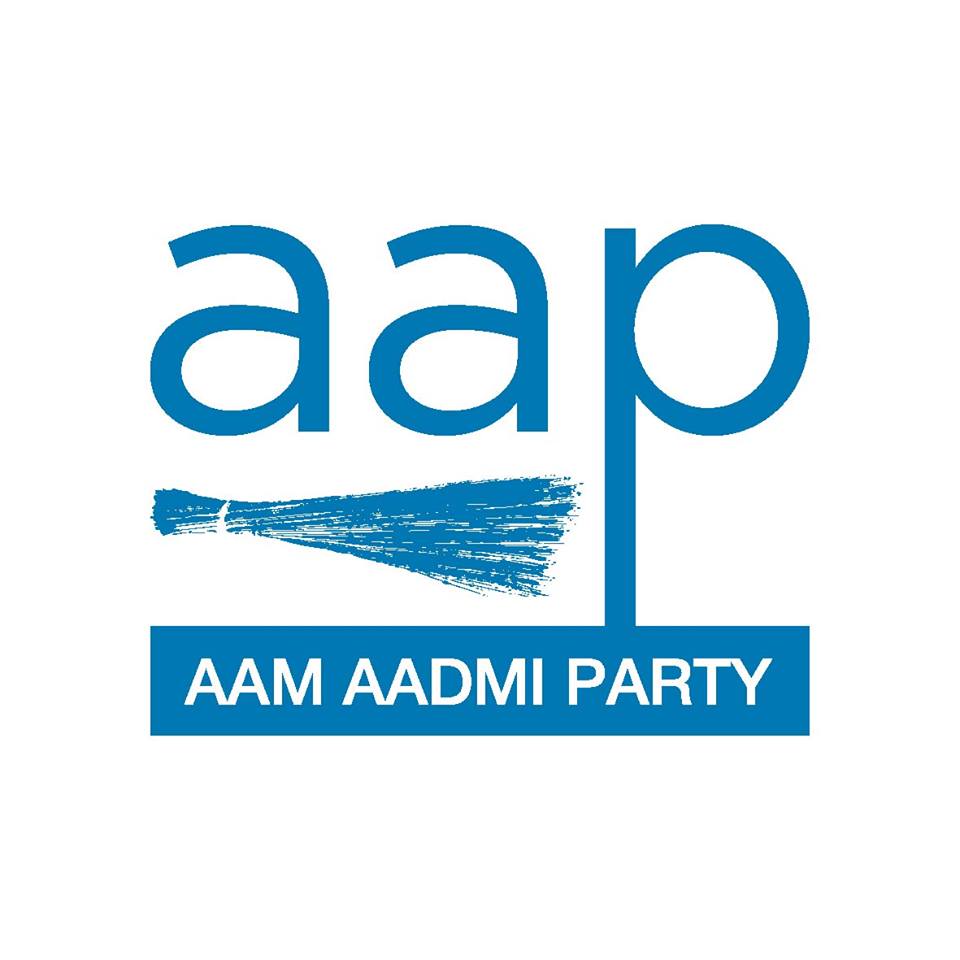Now, women in Delhi will be able to work night shifts with full security, with the Kejriwal Government having approved the draft for this change. Labour Minister Shri Raaj Kumar Anand held a high-level meeting on Friday where he discussed with the officials of the Labour Department the draft policy made to allow women to work during night shifts, as well as other important issues, including their safety during the shift. Now, the Labour Department will seek suggestions and objections from the public, and after that the draft policy will be finalised.
The Delhi Government is strongly committed to increasing the share of women in the workforce. Previously, the Chief Minister Shri Arvind Kejriwal had chaired a meeting with the Labour Department, directing them to take necessary steps towards increasing women’s participation in the workforce. In line with this vision, Labour Minister Shri Raaj Kumar Anand instructed the officials of the Labour Department to draft the proposal. This proposal was then discussed in detail on Friday in the meeting. The Labour Minister committed to increase the participation of women approved of the decision to provide women the opportunity to work during night shift. However, keeping in mind the safety of women, he also directed that employers would have to make proper arrangements for women at the workplace.
As per the draft rules, women can now work from 7 in the night to 6 in the morning, although it would only happen with the consent of the women. For women working night shifts, their employers would have to arrange transport for them from home to work and vice versa. There should be proper arrangements for toilets, drinking water and transportation for women at the workplace, and it should be near their place of work. For the safety of women, employers would have to issue a separate number, which should be written at the workplace as well as on the vehicle, so that in case of any emergency, women employees can use it to seek help. Furthermore, for the prevention of sexual harassment of women at the workplace, proper arrangements should be made as per the Sexual Harassment of Women at Workplace (Prevention, Prohibition and Redressal) Act 2013. The aim of these measures is to create a safe and healthy environment for women in the workplace so that they do not face problems while working.
The draft of the Delhi Occupational Safety, Health and Working Conditions Rules, 2023 has been approved by the Labour Minister, Shri Raaj Kumar Anand. It will now be open to the public for suggestions and objections. The draft will be shared on the portal of the Labour Department, where the general public, institutions, and employers can submit their feedback to the government within a period of 30 days. The Labour Department will then review the suggestions and objections and incorporate them into the draft before sending it to the law department for legal analysis. Once finalised, the rules will be implemented in Delhi, allowing women to work in night shifts with appropriate safety measures in place.
The Labour Minister approved another important decision in a meeting to improve the safety and health facilities of employees working in Delhi. The decision focuses on employees working overtime, who will now receive additional payments. Working more than 8 hours a day or more than 48 hours a week is considered overtime, and if an employee works overtime, they can receive up to double the hourly rate based on minimum wages. Employees cannot work for more than 12 hours a day or 60 hours a week. Furthermore, no employee can work overtime for 7 consecutive days. Additionally, it is mandatory for employers to provide some holidays to their employees every year. Shri Raj Kumar Anand said that these measures are proof that the Kejriwal Government is working day and night to improve the safety and health facilities of lakhs of employees working in Delhi.
During the meeting, the Labor Minister directed that it will now be mandatory to give joining and experience letters to the employees working in any field. Employers have to ensure that the records of all the employees employed by them should be recorded, along with this all the employees must get salary slips. Furthermore, wherever migrant workers are employed, the employers will have to pay them a traveling allowance once in a year. For this, the employers have to fix some amount for the employee. The travelling allowance should be such that any expatriate employee can meet the cost of travelling to and from their home by bus or rail.
In order to ensure the safety of employees working in factories dealing with hazardous chemicals and materials in Delhi, it has been mandated that they undergo medical examinations every year. The factory operator will be responsible for ensuring that employees undergo blood, urine, X-rays and other tests proposed by the medical inspector. The Inspectors of the Labour Department will also conduct regular inspections of the factory to ensure compliance and instruct the employers to take necessary steps for employee safety. Non-compliance will result in concrete steps taken by the Labour Department against the employer.
Employers are required to immediately inform the Labour Department in case of an accident at their workplace within 12 hours of the incident. They can use various modes of communication like telephone, message or e-mail to reach out to the Inspector or Chief Inspector of the Labour Department. In case of the death of an employee, the employer has to inform the Labour Department, District Magistrate or the Sub-Divisional Magistrate, police station in charge, as well as the concerned department of the state if the worker is a migrant.

